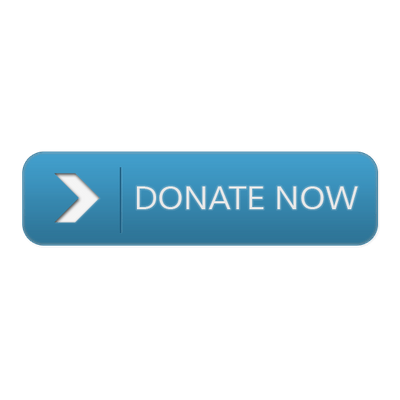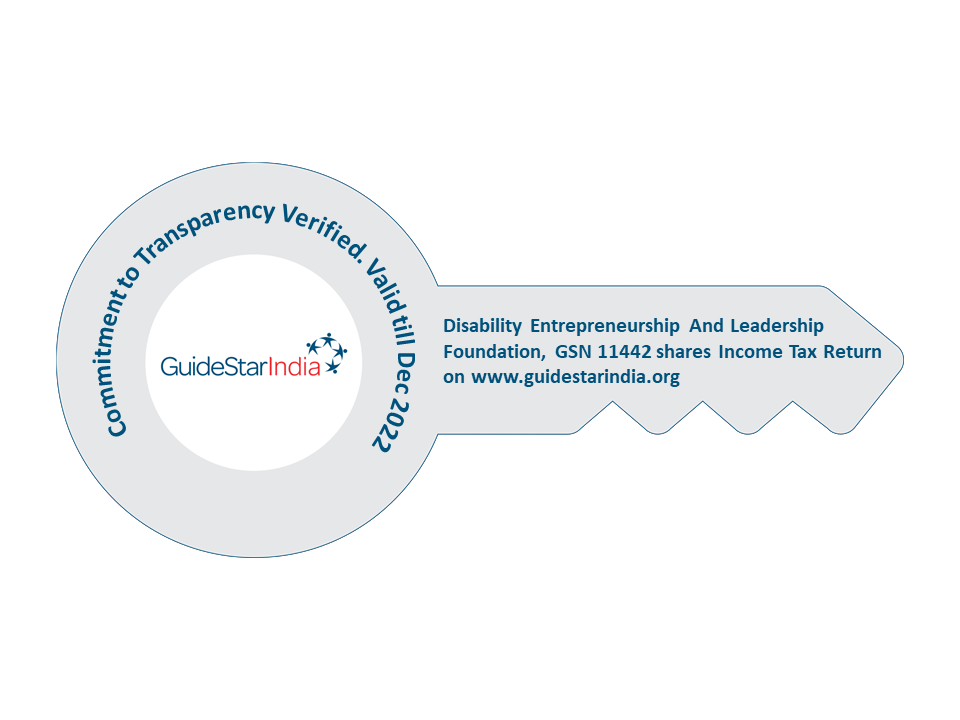Independence or a sense of freedom is central to the world today. It could be social freedom, economic freedom, or the freedom to express that what is necessary. Everything is equally important.
Yet, we find that, people residing in the rural community have little or no access to achieving independent living. This is due to:
1. Lack of education.
2. Lack of awareness regarding the benefits and schemes introduced by the government.
3. Lack of access to financial institutions such as banks.
4. And poor infrastructure.
Much as it has affected the entire rural population, it has even to a larger extent affected persons with disabilities as they face greater challenges in terms of accessibility and communication. More often than not, persons with disabilities are confined to their houses as they are seen as incapable members thus curbing their way to freedom.
This has been the situation for many decades now but as times have changed, realisation slowly dawned on people that they need to step up and do something to find a solution to the on-going problems. Hence the concept of co-operative society was introduced.
A cooperative society is a voluntary organisation of individuals who are mostly workers and small producers. They are organised under joint management on democratic methods to improve their domestic and business conditions and capital collection.
It was initially introduced to improve the condition of farmers as they were not able to get their full results despite hard work. Gradually, the role of the society extended towards providing financial assistance to anyone in need.
As generally people of the rural community face similar problems, they felt it wise to form small groups of members having common interests and sharing one motive so that they can work towards one single cause; these groups of people are called as the members of the co-operative society.
The main aim of the society is to provide financial assistance. This is done by arranging for loans for a reasonable rate of interest. They also help sell the produce to cities at a reasonable price and hence help in generating income in the country.
According to the publications of the reserve bank of India, there are about 1,544 urban co-operative banks and 96,248 rural co-operative banks.
Persons with disability across Mundargi Taluk in Gadag District supported by DEAL Foundation have joined together to establish ‘Surukshita Cooperative Saving and Credit Society’ as a means to social and economic rehabilitation and building secure financial futures.
The saving and credit cooperative society ‘Surakshita’ will help promote:
- Financial literacy and inclusion
- Importance of thrift and savings
- Access to finance to address disability specific needs and services
- Access to finance for livelihoods
- Improved capacity to understand and manage money
To find out about our work please visit
www.deal-foundation.com
For specific queries on any matter in this blog mail us at:
info@deal-foundation.com


 Awarded by Guidestar India
Awarded by Guidestar India